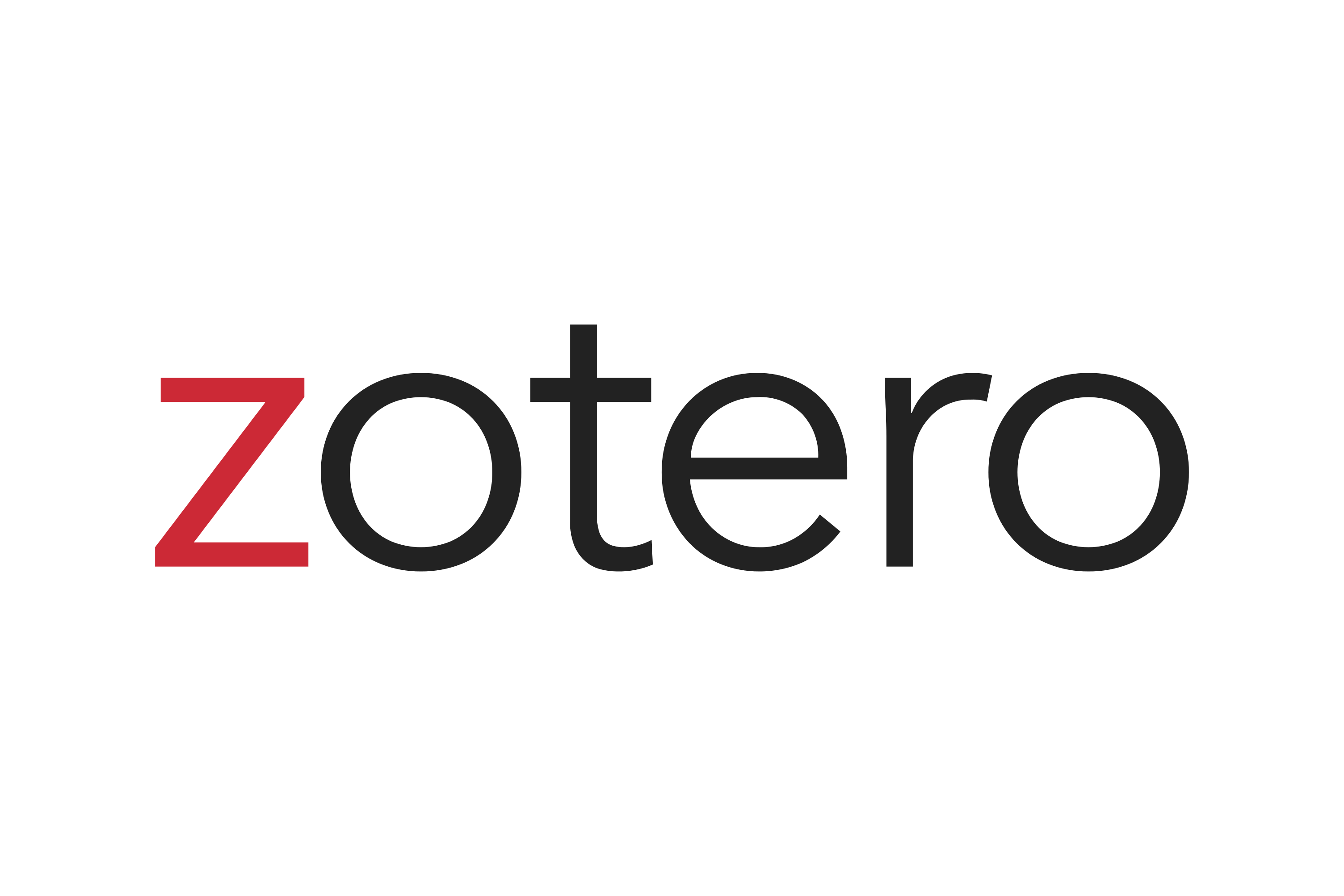MODEL KEHIDUPAN HARMONI DAN RUKUN MASYARAKAT MULTIAGAMA SERTA ETNIS DESA LABUAJA MAROS
indonesi
Abstract
The article explores the harmonious and peaceful life of the multi-religious and multi-ethnic community of Labuaja Village, depicting the process of implementing a harmonious and peaceful life and the implications of such an implementation in daily practices. This study is a field research employing a descriptive qualitative approach. It utilizes a phenomenological approach and gathers data through direct observation, interviews, and documentation at the research location. Based on the data obtained, it was found that the harmonious and peaceful life of the multi-religious and multi-ethnic community of Labuaja Village can be realized due to several factors: 1) The cooperative attitude among community members is very enthusiastic in creating a harmonious and peaceful life, 2) The attitude of mutual respect and tolerance is very evident in the daily life of the Labuaja community, who do not question religion or ethnicity and build good relationships within the framework of family, brotherhood, unity, and togetherness, and 3) The attitude of caring for others is clearly seen in the involvement and participation in community activities. Furthermore, the implementation of the harmonious and peaceful life model in Labuaja Village is practiced in three environments: the family environment, the community environment, and the school environment.
Downloads
References
Abu Tolha. “Kerukunan Antar Umat Beragama, Semarang.” IAIN Walisongo, 2018.
Cereswell, J.W. Qualitatif Inquiri and Researc Design: Choosing among Five Approches Ed.3rd). Thousand Oaks: CA: Sage Publications, 2013.
Corbin, J.M. & Strauss J.M. Basics Of Qualitatief Reseach: Techniques and Procedurs for Developing Grounded Theory (3rd Ed.). Thoousan Oks: CA: Sage Publications, 2007.
Cox, E. “Pluralism: A Conceptual Framework for the Study of Diversity.” Harvard Theological Review 96, no. 1 (2013): 23–40.
Creswell, John W. “Research Design: Pendekatan Metode Kualitatif, Kuantitatif, Dan Campuran.” Yogyakarta: Pustaka Pelajar 5 (2016).
Denzin, Norman K., and Yvonna S. Lincoln. “Handbook of Qualitative Research.” Journal of Leisure Research 28, no. 2 (1996): 132.
Elisa Solihah, Dkk. “Nilai-Nilai Pendidikan Akhlak Dari Qur’an Surah Al-Hujurat Ayat 11 Tentang Laa Yakhar, Laa Talmizuu, Laa Tanaabazu Bil Alqaabi.” Jurnal Pendidikan Agama Islam (2015).
Fatmawati, Fatmawati. “Perlindungan Hak Atas Kebebasan Beragama Dan Beribadah Dalam Negara Hukum Indonesia.” Jurnal Konstitusi 8, no. 4 (2011): 489–520.
Giorgi, Amedeo. The Descriptive Phenomenological Method in Psychology: A Modified Husserlian Approach. Duquesne university press, 2009. Accessed July 16, 2024. https://psycnet.apa.org/record/2009-17646-000.
Ham, Mushadi. “Mediasi Dan Konflik Di Indonesia.” Semarang WMC, 2007.
Hanurawan, Fatah. “Psikologi Sosial Suatu Pengantar, Bandung: PT.” Remaja Rosdakarya (2010).
Hardati, Dkk,. Pendidikan Konservasi. Yogyakarta: Magnum Pustaka Utama, 2015.
Joyce, Bruce, Marshal Weil, and Beverly Shower. Models of Tewaching. Bostan: Allyn and Bacon, 1992.
kamitsis, Lias. “Spirituality Mediates the Relationship between Engagement with Nature and Psychological Well Being.” Journal of Environmental Psychology 36 (2013): 136–143.
Kementrian Agama RI, Al-Qur’an. Al-Qur’an Dan Terjemahannya. Jakarta: Lajnah, 2015.
Khan, A. “Tolerance: The Heartbeat of a Progressive Society.” Journal of Peace Studies, 17, no. 3 (2017).
Lakoy, Amanda Carolina. “Pengaruh Komunikasi, Kerjasama Kelompok, Dan Kreativitas Terhadap Kinerja Karyawan Pada Hotel Aryaduta Manado.” Jurnal EMBA 3, no. 3 (2015): 983.
Liliweri, Alo. Gatra-Gatra Komunikasi Antar Budaya. Pustaka Pelajar, 2001.
Masduqi, Irwan. Berislam Secara Toleran. Bandung: Mizan, 2011.
Mateo-Sagasta, Javier, Sara Marjani Zadeh, Hugh Turral, and Jacob Burke. “Water Pollution from Agriculture: A Global Review. Executive Summary” (2017). Accessed November 27, 2023. https://books.google.com/books?hl=id&lr=&id=edo9DwAAQBAJ&oi=fnd&pg=PA1&dq=FAO.+(2017).+Water+pollution+from+agriculture:+a+global+review&ots=mVrMMBvB27&sig=RCwsa7_le5gyt7fQRKl_sTDQ9R4.
Mulyo, Rooby Pangestu Hari. “Piagam Madinah: Misi Keagamaan Dan Kenegaraan.” OASIS : Jurnal Ilmiah Kajian Islam 7, no. 2 (2023): 48.
Nasr, S. H. “The Need for an Interreligious Dialogue.” Islam and Christian–Muslim Relations : A Perspective. 18, no. 2 (2017): 147=156.
Nata, DR H. Abuddin. Ilmu Pendidikan Islam. Prenada Media, 2016.
Poewadarmintra, W.J.S. Kamus Umum Bahasa Indonesia. Jakarta: Balai Pustaka, 2021.
R. I Arens. Classroom Intructions And Management. Mc. Graw-Hill: Companies Inc. USA, 2017.
Shihab, M. Quraish. “Tafsir Al-Misbah, Pesan, Kesan Dan Keserasian Al-Qur’an, Jakarta: Lentera Hati.” Jilid, 2005.
Siswanto, Dwi. “Pengaruh Pandangan Hidup Masyarakat Jawa Terhadap Model Kepemimpinan (Tinjauan Filsafat Sosial).” Jurnal Filsafat 20, no. 3 (2010): 197–216.
Sri Melfayetti. 6 Pilar Karakter. Medan: Pascasarjana Unimed, 2012.
Sudarma, Momon. “Sosiologi Komunikasi.” Jakarta: Mitra Wacana Media (2014).
Suib, Masluyah. “Kerjasama Komite Dan Sekolah Dalam Meningkatkan Mutu Pembelajaran Di SMA Negeri 1 Batu Ampar.” Jurnal Pendidikan dan Pembelajaran Khatulistiwa (JPPK) 3, no. 1 (n.d.). Accessed July 16, 2024. https://jurnal.untan.ac.id/index.php/jpdpb/article/view/4298.
Suprijono, Agus. Cooperative Learning: Teori & Aplikasi PAIKEM. Pustaka pelajar, 2009.
Wardhani, dkk,. Kepedulian Ekonomi Dan Sosial. Jakarta: Bulan Bintang, 2015.
Zn, Hamzah Tualeka. “Sosiologi Agama, Surabaya.” IAIN SA Press, 2011.
Zuhri, Muhammad Alan. “Alquran Dan Toleransi Di Indonesia: Sebuah Analisa Surat al-Baqarah: 148.” Quran and Hadith Studies 7, no. 2 (2018): 116.
“Ensiklopedia Nasional.” Cipta Aditya. Jakarta, 1991.
Copyright (c) 2024 Sampara Palili

This work is licensed under a Creative Commons Attribution-ShareAlike 4.0 International License.







